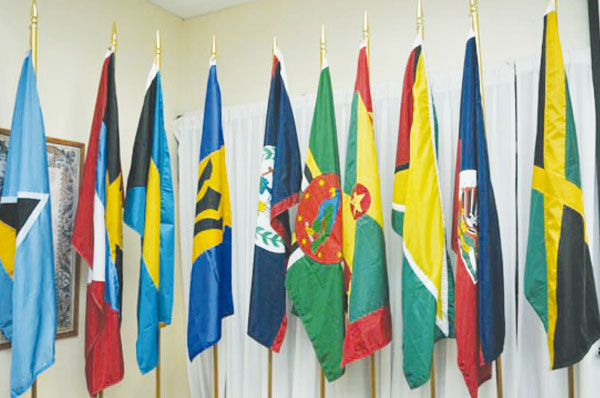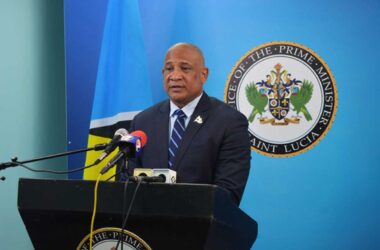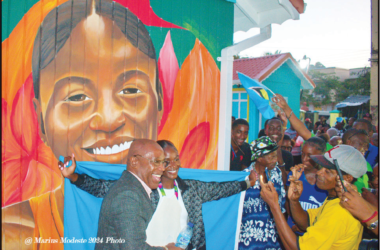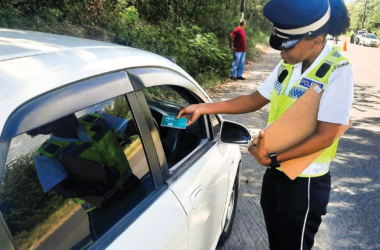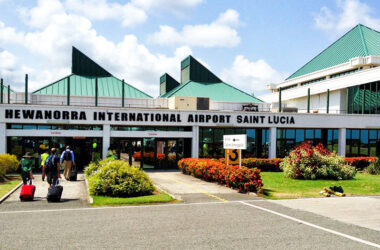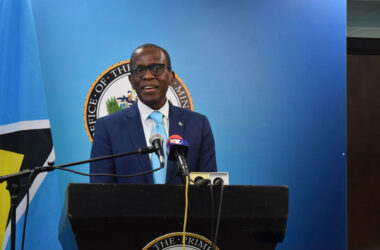THE current classification of marijuana as an illicit drug will soon come up for review by governments of the English-Speaking Caribbean.
This bold move on the part of CARICOM was taken last week at the 39th Regular Meeting of the Conference of Heads of Government of the Caribbean Community (CARICOM) held in Montego Bay, Jamaica, last week.
But as bold a move as this may be for Caribbean governments, it is a delay one for Rastafarians and interested groups throughout the region, all of which have been calling on Caribbean governments to change their laws on ganja, by decriminalizing its use, fully or partially and to start looking for ways to transform it into a cash crop.
In St. Lucia, the call to decriminalize marijuana and research it for medicinal and other purposes has been ongoing. Leading that call is the Cannabis Movement of St. Lucia which has been a relentless voice against the current way governments in the region, and in particular St. Lucia, view marijuana.
The Movement last year criticized a study on the decriminalization of marijuana in St. Lucia conducted by the Caribbean Development Research Services Inc. claiming that the study did not take into consideration several factors and therefore not comprehensively done.
According to the study, 38 percent of the people surveyed opted for marijuana to remain illegal in all respects with 33 percent opting for partial decriminalization such as medical and religious purposes and 18 percent for full legalization.
Head of the Cannabis Movement, Andre De Caires, said the study did not take into account what the decriminalization of marijuana would do to crime prevention, in that it would lower the prison population due to the number of inmates serving time for being in possession of an insignificant amount of the herb being released.
National Security Minister Hermangild Francis last September said that the crime rate would see a sharp decline should legislation on marijuana be relaxed.
The discussion on marijuana in St. Lucia has come a long way and discussion seems set to continue unless its status quo as an illegal drug is changed.
With local and regional governments all set to take another look at its current status, chances are better now for a change in how it is presently seen. But all this depends on national governments within CARICOM.
At last week’s Jamaica summit, the Heads of Government agreed that action should be taken at the national level by the relevant authorities to review marijuana’s current status, with a view to reclassification, taking into account all international obligations.
According to a communique emanating from the summit the Heads expressed concern about the effect of marijuana use on young persons given the conclusive evidence that existed. They welcomed the Report of the Regional Commission on Marijuana, and noted its findings, conclusions and recommendations in particular with respect to human and religious rights; the social and developmental impact of use among adolescents; the economic benefits to be derived and issues related to its classification.
They expressed deep appreciation to the Commission’s Chair, Professor Rose-Marie Belle Antoine and the other members of the Commission for their very comprehensive report. The Commissioners, representing a range of disciplines, conducted region-wide consultations to inform the Report. It was recognized at the summit that the current classification of marijuana as an illicit drug presented a challenge in the conduct of research to fully understand and ascertain the medicinal benefits to be derived.
The Heads of Government recognized that Member States would need to review the Report in more detail to determine action at the national level in relation to law reform models as proposed by the Commission. They expressed appreciation to the Foundation to Promote Open Society (FPOS) which provided resources for the work of the Commission.


